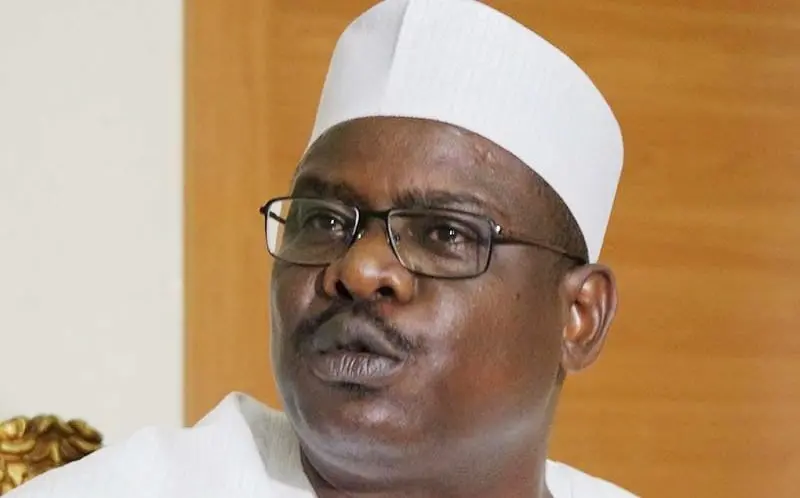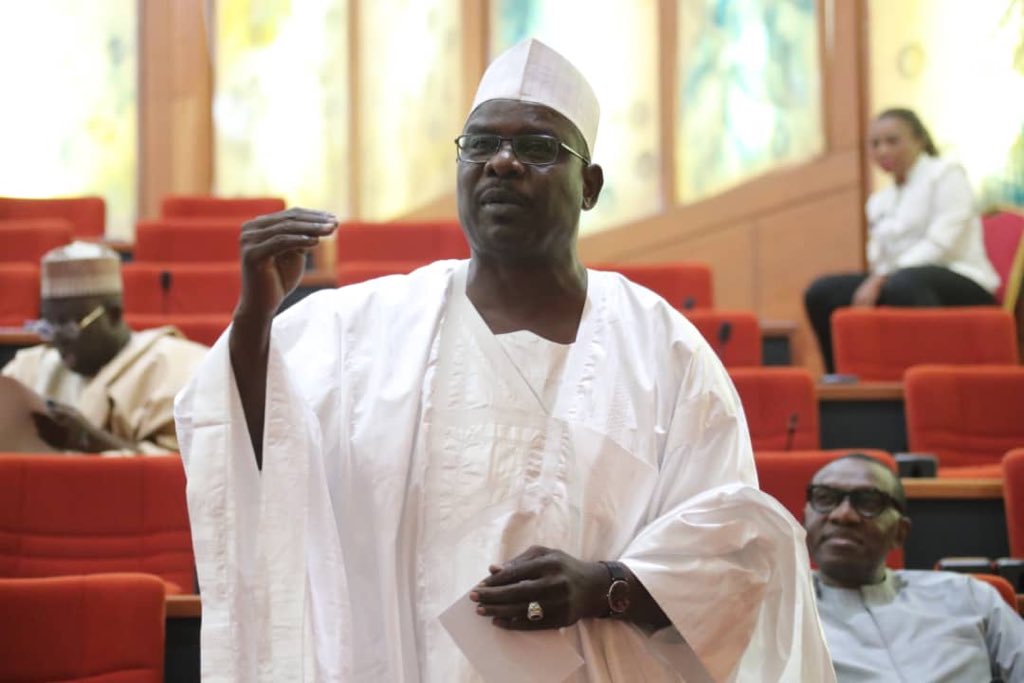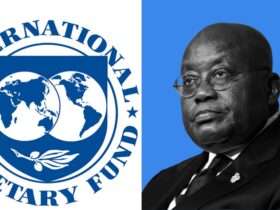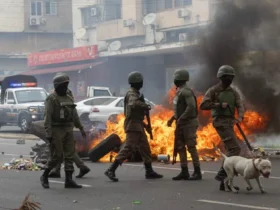
Senator Mohammed Ali Ndume has called upon Chief Bola Ahmed Tinubu and the Economic Community of West African States (ECOWAS) to lift the economic, trade, and other sanctions imposed on Niger Republic.
He said that the five-month sanctions are adversely impacting the 26 million people of the French-speaking West African country, rather than affecting the military government led by Gen. Abdourahamane Tchiani.
Ndume made this appeal at his Government Reserved Area (GRA) residence in Maiduguri, Borno State, emphasizing the significant impact of the sanctions on the citizens of Niger.
Moreover, he highlighted the plight of people in the border areas of Kano, Zamfara, Borno, Katsina, Sokoto, Jigawa, Kebbi, and Yobe states in Nigeria, who are also facing severe consequences due to the economic and trade sanctions.
The senator argued that sanctions should be directed towards the Tchiani junta, which unlawfully ousted the democratically elected government of President Mohamed Bazoum on July 26, 2023, rather than adversely affecting the general population.
“The hasty decision by ECOWAS to impose economic sanctions on Niger instead of engaging in dialogue with the junta has been criticized,” he remarked.
READ ALSO: Plateau Massacre: Nigerians Demand Action in Wake of Horrific Killings
He cautioned that approximately 100,000 displaced individuals from Abadam, Guzamala, and Mobbar local councils had sought refuge in Diffa Province for more than a decade.
Ndume urged Tinubu to initiate negotiations with Tchiani, suggesting the involvement of four former military heads of state, namely retired Generals Yakubu Gowon, Abubakar Abdulsalami, Muhammadu Buhari, and Ibrahim Babangida.
He emphasized that diplomatic negotiations could preserve Nigeria’s “respect and dignity” within ECOWAS, the African Union (AU), and the international community.
Warning of the adverse effects of sustained economic sanctions, the Borno South senator and Vice Chairman of the Senate Committee on Appropriation pointed out that they would contribute to the suffering of the people, leading to a higher cost of living in Niger and the border areas of eight states in the country.
Regarding the cutoff of electricity to Niger, Ndume revealed that the Tchiani junta had secured around 50 megawatts of electricity from solar energy.
He clarified that the supply was not free, as there was an agreement with the Nigerien government prohibiting the construction of a dam across the River Niger that could impact the flow of water into the Kainji Dam.
The legislator attributed the recent coup in Niger to poor leadership and governance at the national and provincial levels.
Ndume also criticized Tinubu’s implementation of a 50 percent transport subsidy during the Yuletide, noting that only travelers to Gombe State among the six state capitals in the Northeast region benefited from the subsidy.
The Guardian was informed that none of the five bus operators are currently transporting commuters to Yola, Damaturu, Maiduguri, Bauchi, and Jalingo.
Luxurious bus operators in the country have halted their trips to the region since 2014 due to the persistent Boko Haram attacks on roads.”








Leave a Reply